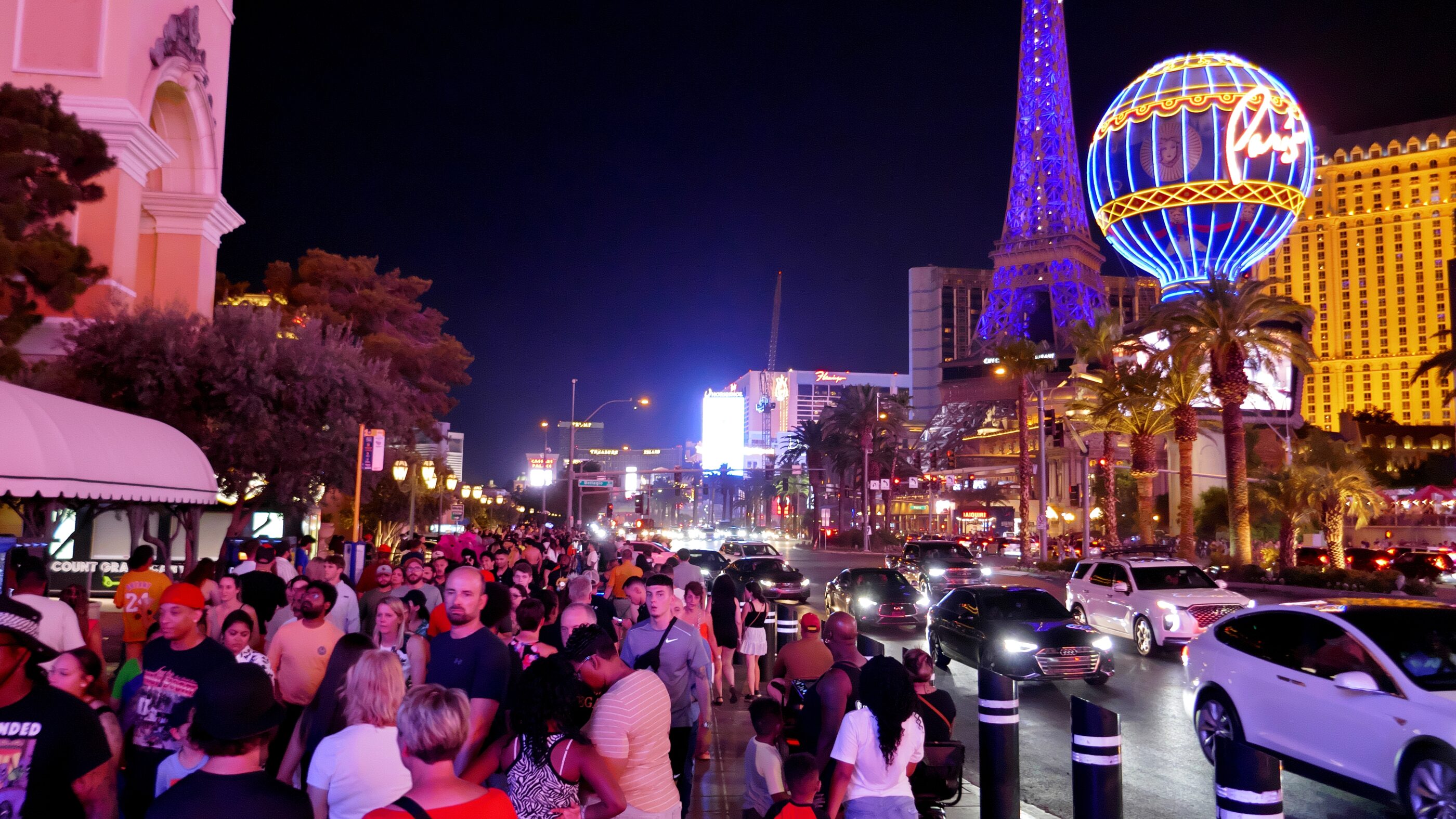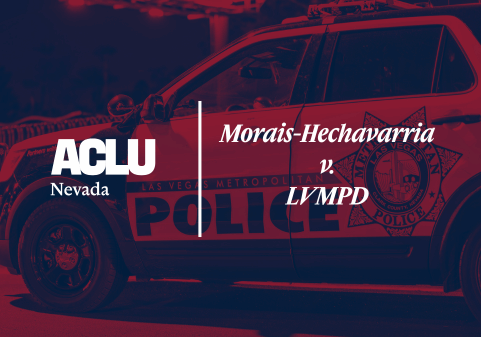This piece was originally published in the Nevada Current.
People like me usually defend civil rights as a moral and humanitarian cause, as well as a cornerstone of American democracy, but civil rights also have a measurable economic value and attacking them quickly imposes a real cost. Just as a breakdown in the rule of law creates investment uncertainty that undermines economic growth, undermining civil rights can shatter peoples’ confidence about working, living and spending money here.
While we’re often reminded that freedom isn’t free, we’re learning now in Nevada that the alternative ain’t cheap either. President Donald Trump’s arrests and deportations of immigrants and protesters – often without due process or criminal charges – are already taking a toll. Las Vegas is suffering a slowdown only a few months into Trump’s second term. Tourism is slipping by virtually every measure: hotel occupancies and daily room rates; the number of international visitors; sales tax and gaming revenue.
Nevada’s Economic Forum, the panel of economic forecasters that prepares the state’s budget assumptions, reduced its 2025 revenue estimate in May by $191 million, about 1.6%. That’s largely because of declining sales taxes and gaming fees. On top of that, the consensus forecast by the General Assembly’s Legislative Counsel Bureau cut its estimate for the State Education Fund by $160 million.
To be sure, threats to civil rights aren’t the only cause of that. Trump’s tariffs have played a major role, slowing economic growth and increasing economic uncertainty.
But the threat to individual civil liberties is a real factor as well. Many European governments, from Germany and France to Denmark and Ireland, have recently issued travel advisories that warn people about new risks travelling to the United States. These advisories warn that even minor paperwork glitches, or people who identify their gender as “X” on their passports, can jeopardize more than just a vacation. As the German government tells its citizens traveling here, “[e]ven slightly overstaying a travel visa can lead to arrest, detention and deportation.” And that caution is exceedingly polite. European media has been awash in horror stories about travelers who were jailed for weeks for no good reason.
Fabian Schmidt, a German who has a U.S. green card as well as an American partner and daughter, was detained for two months after returning to the U.S. from Luxembourg. Jessica Brösche, a Berlin tattoo artist on vacation, was held for six weeks – including nine days in solitary – even though she had a valid visa. Small wonder that Der Spiegel, Germany’s leading news magazine, called U.S. immigration practices “capricious and uncoordinated.” Even the most popular TikTok’er in the world ended up detained by ICE while passing through Las Vegas.
The drop in foreign tourism has been dramatic and statistically significant. For example, Canadian travelers – who make up the largest share of international visitors to Las Vegas – are staying away in droves. Between the blindsiding tariffs imposed on their country, talks of making Canada the fifty-first state, and disturbing reports of Canadians detained for days in ICE facilities over minor visa issues, who could blame them?
We should only expect the international tourist numbers to get worse. Considering reports that customs enforcement have taken to searching people’s phones and denying entry to folks who criticize Donald Trump or his administration, why should we think anyone just looking to have some fun would subject themselves to that sort of treatment?
Part of what makes Las Vegas attractive and globally competitive is its demonstrable safety and security. The Strip is one the most surveilled areas in the world. Street crime is very low, and it’s known to be low. Las Vegas is also one of the world’s most culturally diverse and open cities. Black, white, Asian, straight, gay, transgender — the city attracts just about any group imaginable.
That’s why tourists, regardless of their nationality, race or gender, throng the streets late at night. This is a huge competitive advantage over other international destinations. All that can change, however, if visitors have to worry about arbitrary detention, deportation, harassment and the absence of due process. If the U.S. is no longer safe, tourists have other choices and will increasingly go elsewhere.
Arbitrary detention and deportation, the dismissal of due process, the punishment of unpopular views, these attacks on civil liberties should terrify us all. But those who put up with these transgressions thinking that they benefit our Nevadan economy are in for a serious disappointment.



